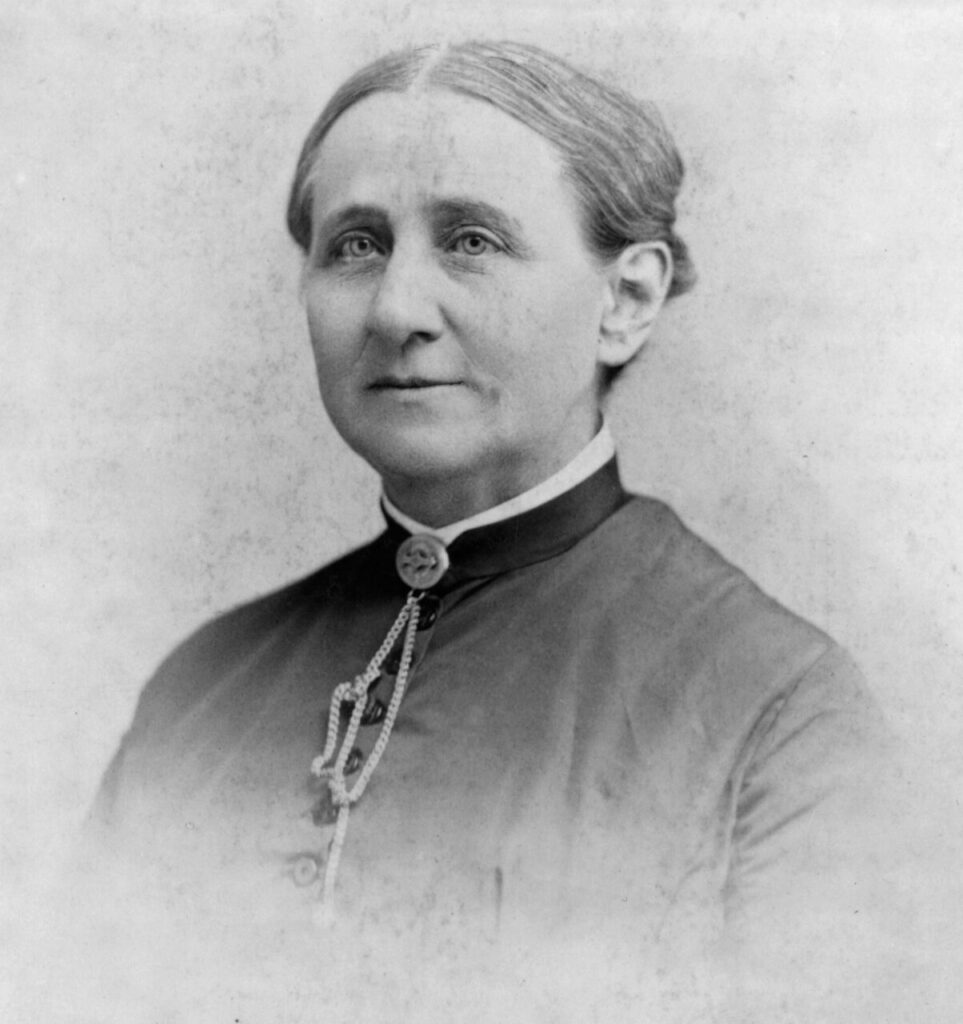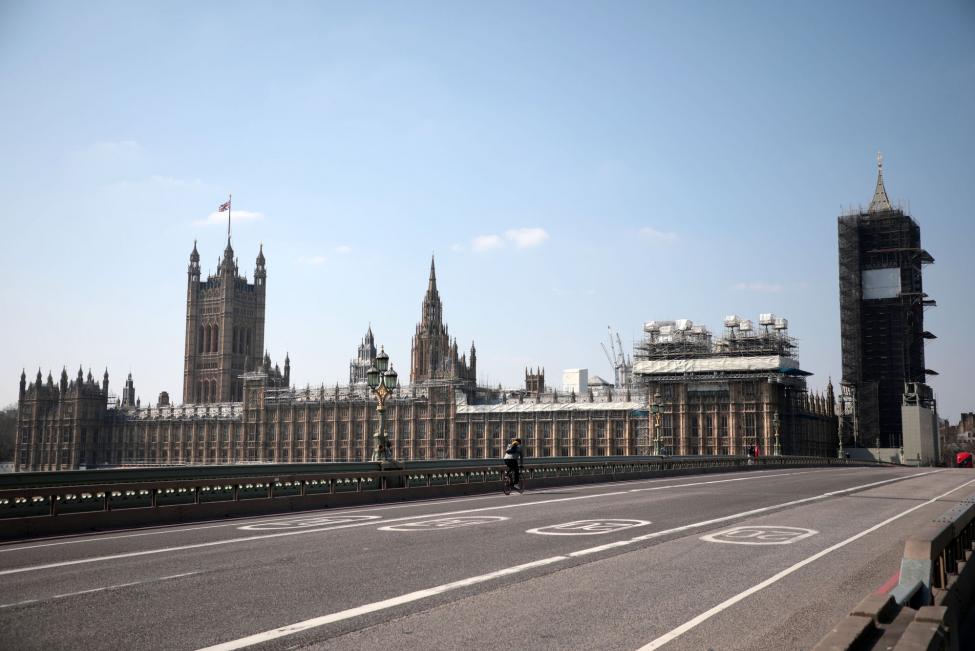ANTOINETTE BROWN BLACKWELL

Antoinette Brown Blackwell lived through most of the nineteenth century and well into the twentieth. Born in Henrietta, New York, in 1825, she was the first woman in America to be ordained a minister in a major denomination. A skilled orator and commanding speaker, Blackwell spoke with passion on many of the key subjects of her era – linking faith and the Bible, particularly on subjects like women’s rights and the abolition of slavery.
Even the progressive Oberlin College in Ohio – one of only a few institutions that allowed Black students at the time – was non-receptive to a woman studying theology at the time. She lobbied the college for admission and broke the glass ceiling by becoming one of the first women in America to be enrolled for theological studies.
A prolific writer and a charismatic speaker, Blackwell was unstoppable and became a prominent voice during a time when women’s rights and the anti-slavery movement were hot button topics. Because she was not given a preacher’s license, Blackwell worked for Frederick Douglass’ abolitionist paper, The North Star, as a writer and seized every opportunity as a speaker.
Then, in 1852, the Congregational Church gave her a license to preach and the following year she was offered the position as minister at Congregational Church in Butler, New York.
Blackwell gave up much of her writing and her very active speaking engagements to follow her calling as a pastor and preacher. She was ordained by progressive Methodist minister Luther Lee, who was a vocal advocate for women’s right to theological training and church leadership. He spoke of her suitability as a preacher and her calling from God.
Rev. Antoinette Brown Blackwell later continued her ministry in New York City working on behalf of the poor as she continued to write and to speak on important issues. She wrote several books and articles, and founded a number of organizations including the Unitarian Society of Elizabeth. At the age of 95, she was the only surviving participant of the 1850 Women’s Rights Convention to see the passage of the Nineteenth Amendment to the Constitution giving women the right to vote in 1920. A year later, she died in Elizabeth, New Jersey, at the age of 96.







